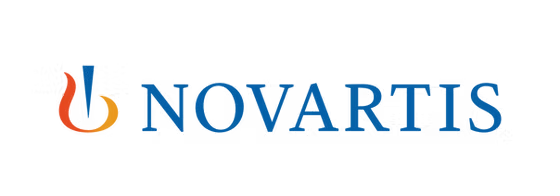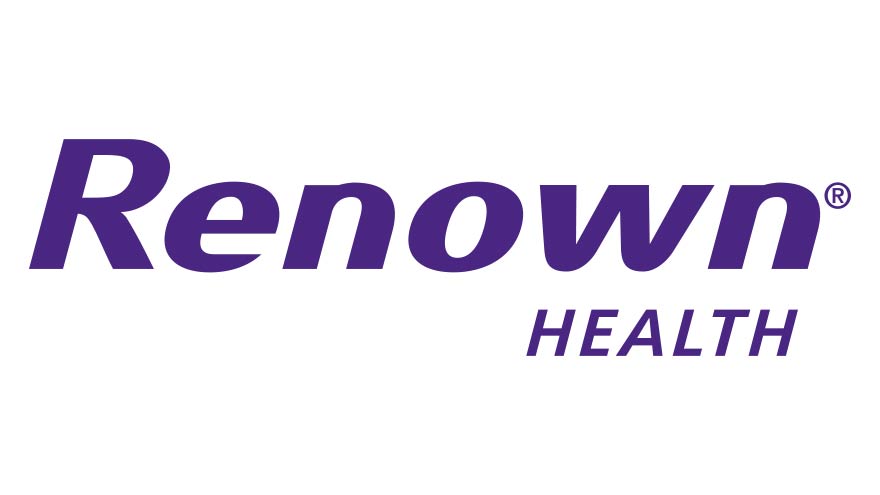
16 Oct 2024
Hiring the right candidate requires teamwork. It’s like moving a football down the field—success comes from working together with every member of the hiring team to reach the goal. But often, recruiters end up doing most of the work.
According to our TGTHR survey, in 57% of companies, recruiters take the lead in the hiring process, not the hiring managers.
This can lead to problems. If hiring managers aren't fully involved, the team can become misaligned, and great candidates might slip through the cracks.
In this article, we’ll explore why hiring managers sometimes hesitate to engage in the process and how you can encourage them to take an active role.
Who is a Hiring Manager?
A hiring manager is someone in the company, often a manager or director, responsible for driving the hiring process in their department.
They identify when a new role is needed, create the job requisition, and work closely with recruiters and HR to set the job requirements.
The hiring manager ultimately decides which candidate is hired. They also play a crucial role in helping the new employee succeed by acting as their direct supervisor and mentor. Because of this, it's important for hiring managers to stay involved throughout the entire recruitment process.
Key Responsibilities of a Hiring Manager
Hiring managers have several important duties that shape the hiring process. Here are some of the key responsibilities:
1. Identifying Staffing Needs
Hiring managers should regularly assess the department’s staffing needs to ensure the team has enough resources. This helps in anticipating when recruitment is necessary.
2. Requesting New Positions
Once a staffing need is identified, the hiring manager must formally request the creation or filling of a position and obtain the required approvals.
3. Improving Employer Branding
Working with HR and marketing, hiring managers can help boost the company’s employer brand to attract top talent through job ads and outreach.
4. Defining Job Requirements
It’s crucial for hiring managers to help craft accurate job descriptions that reflect the responsibilities and qualifications for the role.
5. Setting Candidate Expectations
Hiring managers must set clear and achievable expectations for candidates, making the selection process more efficient.
6. Collaborating on Job Ads and Sourcing
Hiring managers work with recruiters to create effective job ads and strategies to reach a large, qualified candidate pool.
7. Maintaining the Hiring Process
Once candidates apply, hiring managers ensure smooth communication and keep the process moving forward in partnership with the recruitment team.
8. Participating in Pre-Screening
They may take part in initial phone screenings or informal meetings to assess candidates early and save time in later interview stages.
9. Reviewing Resumes and Applications
Hiring managers play an active role in evaluating resumes and narrowing down candidates, working closely with recruiters.
10. Planning Interviews
Hiring managers help design interview strategies, including key questions and criteria for assessing candidates.
11. Interviewing Candidates
During interviews, hiring managers assess candidates' skills, experience, and cultural fit. They may also mentor other interviewers if needed.
12. Discussing Results with the Team
After interviews, hiring managers review the outcomes with the recruitment team to gain multiple perspectives and make thorough evaluations.
13. Making the Final Decision
The hiring manager has the final say on who gets the job, taking into account the inputs from all team members involved in the process.
14. Working with HR on Compensation
Once a candidate is chosen, hiring managers work with HR to offer a fair and competitive compensation package.
15. Making the Job Offer
Hiring managers often extend the job offer personally and work with HR to coordinate the acceptance process.
16. Onboarding New Hires
Once the candidate is hired, the hiring manager plays a key role in onboarding them, ensuring they settle into the team smoothly.
Why Engagement Matters
As you can see, hiring managers have a lot on their plate. But their involvement is key to making sure the hiring process starts strong and runs smoothly.
Since hiring managers are often very busy, recruiters and hiring teams need to work closely with them, keeping them engaged and ensuring the process moves in the right direction.
By fostering better collaboration between recruiters and hiring managers, companies can improve their hiring outcomes and secure the best talent.
TriOptus enhances collaborative hiring by streamlining key aspects of the recruitment process, allowing hiring managers to focus on making informed decisions without being overwhelmed.
By aligning recruitment strategies, defining clear job requirements, conducting efficient pre-screening, and supporting employer branding, TriOptus ensures that hiring managers receive a curated pool of top-tier candidates.
Additionally, TriOptus aids in the onboarding process, facilitating a smooth transition for new hires. This comprehensive support fosters better collaboration between recruiters and hiring managers, leading to more effective hiring outcomes and a stronger, more cohesive team.











Comments (0)